Navigating the labyrinth of loan options can feel more confusing than trying to solve a Rubik’s Cube in record time. As you ponder the secured vs unsecured loan debate, it’s crucial to arm yourself with knowledge sharper than a Samurai’s sword. Let’s roll up our sleeves and dive deep into the world of loans, shedding light on the facts that’ll knock your socks off!
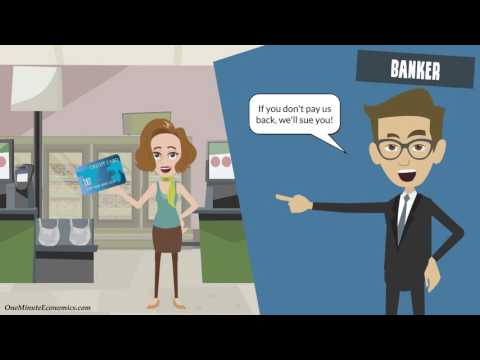
Unveiling the Differences in Secured vs Unsecured Loan Dynamics
A Closer Look at the Fundamental Nature of Secured Loan vs Unsecured Loan
Let’s start by peeling back the layers of the secured loan onion. Like having a safety net at the circus, secured loans require collateral – that’s something valuable like your house or car that the lender can snag if you default. Think mortgages from JPMorgan Chase, or car loans where your ride itself keeps your loan anchored.
On the flip side, unsecured loans are like doing a financial trapeze act without the net. These include personal loans from places like SoFi, credit cards, and student loans. Why are they special? Because they’re backed not by things, but by the borrower’s creditworthiness.
The Impact of Collateral on Borrowing: Secured vs Unsecured Loan Explained
When it comes to collateral in a secured loan, lenders need an insurance policy against the “What ifs?” That’s why they might offer you a hefty sum if you put up your home as a backstop.
No collateral? Enter the unsecured loan. This guy flies solo, which sounds peachy until you realize the riskier landscape means higher rates.
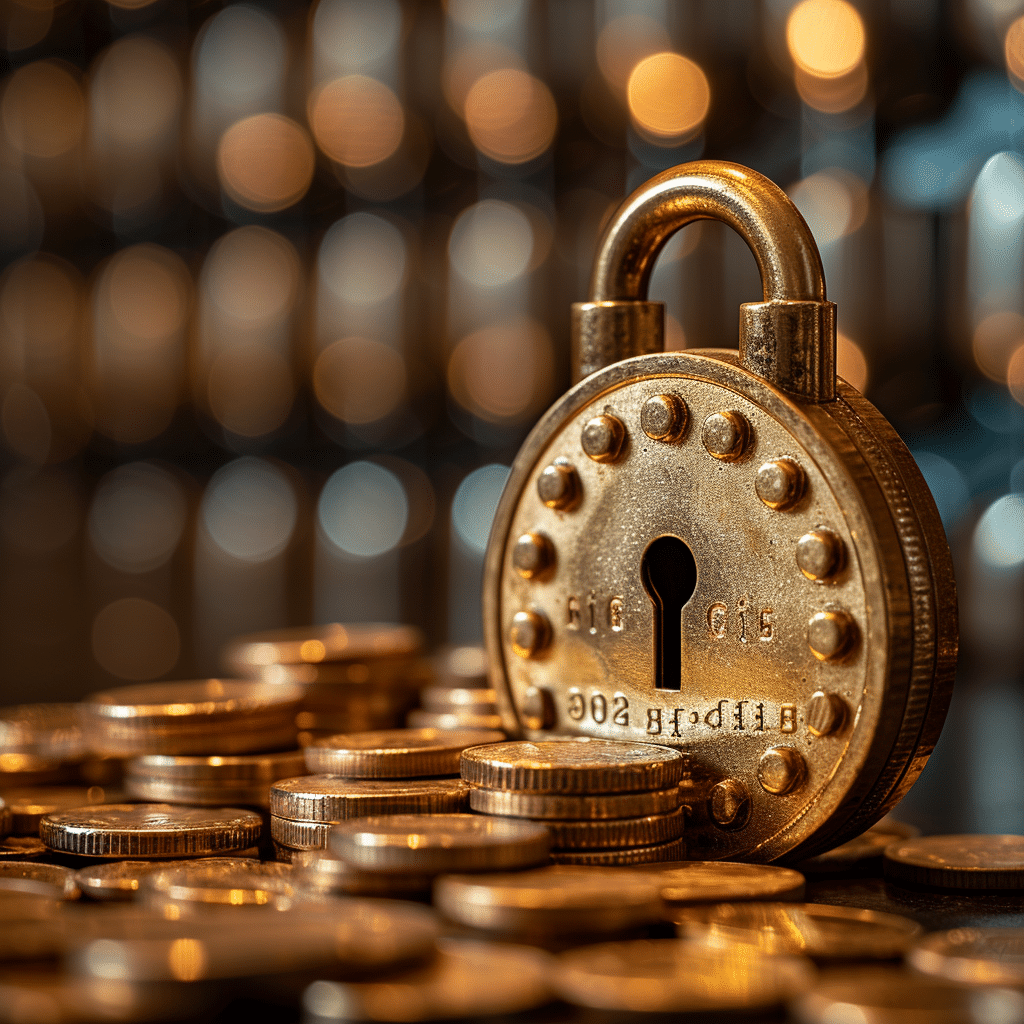
Shocking Fact #1: The Vast Disparity in Interest Rates
Hold onto your hats, folks. Secured loan rates are like gentle waves compared to the unsecured loan’s turbulent financial waters. Comparing interest rates of, say, Wells Fargo’s secured options to Goldman Sachs’ unsecured rates could leave your jaw on the floor.
Why? It’s all in the collateral. Lenders sleep better at night knowing they can claim your assets if you falter, allowing them to court you with lower rates. Who says romance is dead?
| Feature | Secured Loan | Unsecured Loan |
|---|---|---|
| Collateral Required | Yes – Assets such as a home, car, or investments | No – Approval based on creditworthiness |
| Common Types | Mortgages, Car loans, Home equity loans | Personal loans, Credit cards, Student loans |
| Interest Rates | Generally lower – Risk is mitigated by collateral | Generally higher – Lender absorbs more risk |
| Borrowing Limits | Typically higher – Based on collateral value | Lower by comparison – Based on credit history and income |
| Loan Term | Can be longer due to secured nature | Usually shorter |
| Default Consequences | Lender can seize the asset | Lenders may take legal action, but no immediate collateral seizure |
| Credit Score Impact | Can be positive if payments are made on time; foreclosure can severely damage credit | Can be positive when managed responsibly; missed payments can significantly lower score |
| Loan Approval Process | May be more involved due to appraisal of assets | Typically quicker, based on credit score and financial history |
| Benefits | ||
| Considerations |
Shocking Fact #2: The Remarkable Differences in Loan Amounts and Limits
Size matters when it comes to loans. Secured loans often roll out the red carpet with higher amounts; think Bank of America’s home equity lines that could support even the grandest of dreams.
Unsecured loans, like Discover’s personal loans, on the other hand, tend to tap out faster. They’re the equivalent of a cozy studio apartment versus a sprawling estate.
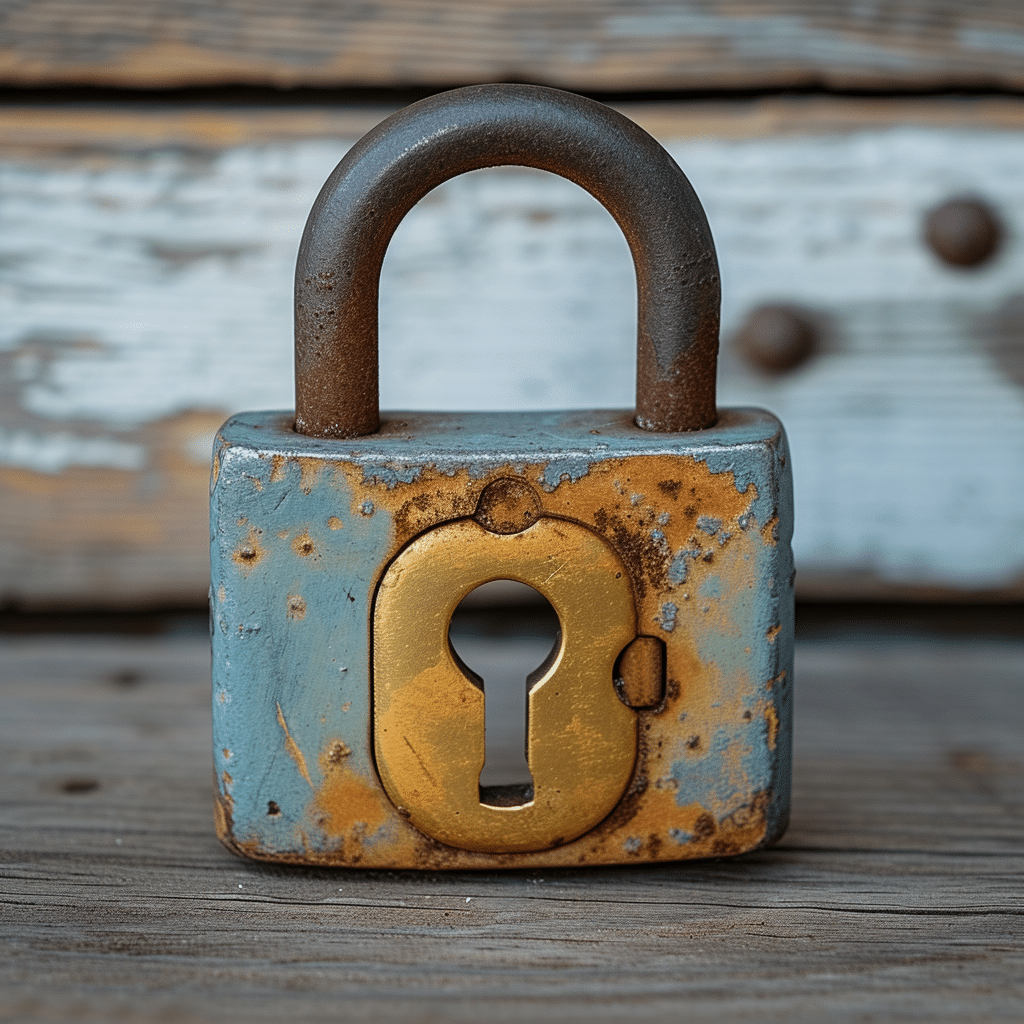
Shocking Fact #3: The Consequences of Default: A Secured vs Unsecured Loan Showdown
Not to scare you, but defaulting on loans is like stepping on a financial landmine. With secured loans, things get real fast, turning life into a scene from a foreclosure documentary courtesy of Wells Fargo.
Unsecured loans? Well, they can’t take your stuff, but they’ll chase you till the cows come home – think credit card giants like Visa and MasterCard unleashing their collectors.
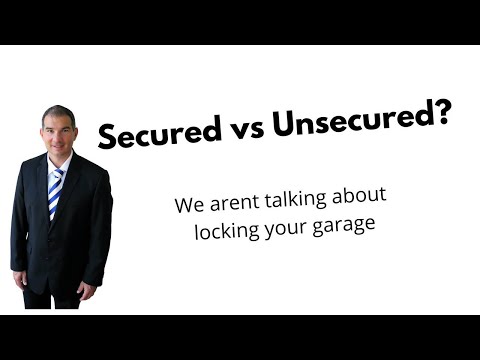
Shocking Fact #4: The Contrast in Qualification Criteria Between Secured and Unsecured Loans
Here’s where lenders get choosy. Secured loans like those from Citibank want you to prove you’re more reliable than Old Faithful. We’re talking financial scrutiny like you’ve never seen.
Unsecured loans, such as those by American Express, are a tad more forgiving, focusing on your credit score and giving a nod to your past spending shenanigans.
Shocking Fact #5: The Timeline Tug of War: Unsecured vs Secured Loan Terms Explored
Ever notice how some life events seem to drag on forever while others fly by? Secured loans are the marathon runners with terms that could last a cool 30 years, whereas unsecured loans are the sprinters, wrapping up in a speedy 5 years or so.
Why the rush on the unsecured side? It’s all about minimizing the long-term risk – a strategy that fintech wizards at PayPal and Upstart have down to an art.
The Influence of Credit Scores – A Subtly Shocking Twist in Secured vs Unsecured Loan Comparisons
Ready for a surprise cameo? Your credit score pulls strings behind the scenes for both loan types, morphing the terrain like a financial wizard. Lenders will peek at your score whether you’re chasing a Secured or an unsecured loan, tailoring their offers like a bespoke suit.
Scenes from real life underscore how scores sway decisions – it’s a bit like the credit version of “The Bachelor,” where your digits do the wooing.
Innovative Conclusion: Rethinking Secured vs Unsecured Loan Choices in Today’s Financial Landscape
Secured vs Unsecured Loan: Adapting to the Evolving Needs of Borrowers
Every financial episode features borrowers with unique plotlines, each one crafting their secured vs unsecured loan saga. With an eye on tomorrow, we’re eyeing up-and-comers like blockchain-backed loans that threaten to shake up the status quo.
Balancing Risks and Rewards: The Strategic Borrowing Mindset Emerges
It’s a tightrope walk, folks. In the secured vs unsecured loan arena, understanding your risk threshold is everything, directing your path like a compass to treasure. Get inspired by stories like Airbnb, which navigated the stormy seas of secured debt to find its harbor.
The Art of Informed Decision Making in a Secured vs Unsecured Loan World
Let’s sum it all up, shall we? Like pieces of a jigsaw, the shocking facts we’ve unpacked lead us to a broader vista. Get ready to roll up your sleeves, do your homework, and consult the sages before etching your name on that loan line.
As the curtain falls on our financial drama, remember: The script for your secured vs unsecured loan journey is yours to write. So wield your pen with a steady hand, because the choice you make today plays out in the credit score symphony of tomorrow.
Need to balance that financial equation? Check out Schwab login for a seamless experience. Heading into New York City? Don’t miss the legendary 7 train. And if entertainment’s your jam, catch the latest from Callum Turner and Joy Taylor. Meanwhile, for groundbreaking perspectives, turn to Aiden Hale and Gijs van Der Most – they’re reshaping their fields one exhilarating revelation at a time.
Banking on Knowledge: Secured vs Unsecured Loan Trivia
Dive into the world of lending with some jaw-dropping truths about secured vs unsecured loans that’ll make you the life of any financial party! Let’s break it down with a blend of fun facts, easy-going explanations, and a dash of quirky trivia that’ll stick in your mind better than your online banking password.
“Securing” the Facts on Collateral
Did you know that a secured loan is like a kangaroo with a pouch—it always has something valuable tucked in there, as collateral? While kangaroos carry joeys, secured loans carry assets like your home, car, or jewel-encrusted skateboard. If you ever find yourself forgetting this tidbit, just remember it’s all in the “pouch”—or, in human terms, it’s like how you can’t forget your Schwab login because it secures access to your funds. Speaking of securing funds, if you’re looking to dive deeper into managing your assets, why not take a leap over to Scwab Login?
The Unsecured “High-Wire Act”
Imagine walking across a high-wire without a safety net—that’s an unsecured loan for you. Thrilling? Yes! Risky? Definitely! These loans don’t require collateral, which sounds like a sweet deal until you realize lenders might hike up interest rates faster than a squirrel on an espresso shot. Without the safety of pledged assets, lenders play a balancing act with their cash, which is probably why they’re a bit more tight-fisted when it comes to handing out the dough.
The Credit Score Tango
Let’s talk credit scores; they do a tango with both types of loans. For secured loans, a good score could waltz you into lower interest rates. And for unsecured loans? That score better be doing the cha-cha-cha if you want to avoid eyebrow-raising interest rates. Just think of it as a dance competition where your credit score is shaking its tail feathers to impress the stern-faced judge, also known as the lender.
The Plot Twist in Default Drama
Here’s a spine-tingler—default on a secured loan, and it’s “curtains” for your assets. On the flip side, with unsecured loans, your stuff might dodge a bullet, but your credit score won’t be so lucky—it could take a hit harder than a comedian bombing on stage. It’s a financial drama that nobody wants an encore of!
The Tale of Two Interest Rates
It’s like we’re in a financial soap opera, where the interest rates are the moody, unpredictable characters. Did you know that secured loans usually flaunt lower interest rates compared to their unsecured cousins? It’s like comparing a steady, reliable turtle to a leaping, frolicsome hare—the turtle’s dependable pace wins the money-saving race in the end.
Finishing off this trivia treasure trove, remember that every loan has its own story line complete with twists, turns, and a sprinkle of adventure. Whether you go for the strong and silent type (secured) or the wild and free spirit (unsecured), make sure your finances are ready for the plot that unfolds. And if you’re eager to keep your financial narrative on the bestseller list, why not check your scwab login( for the next chapter in your personal finance journey? It’s like choosing your own ending in the novel of Net Worth!
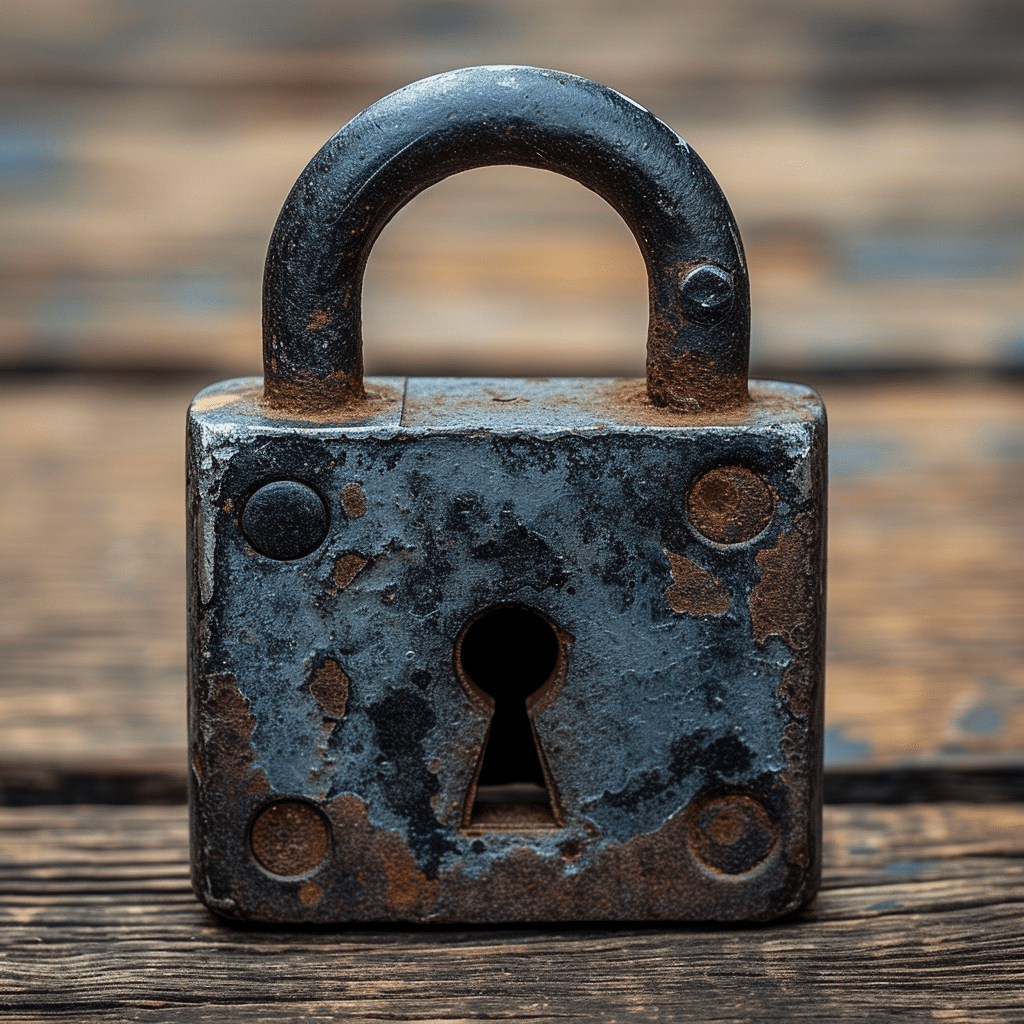
What is better a secured or unsecured loan?
– Ah, the age-old dilemma: secured or unsecured loans, which is better? Well, it’s not one-size-fits-all, folks. Secured loans often come with lower interest rates because hey, there’s collateral at stake. But, if you’re not keen on the idea of your car or home being on the line, unsecured loans might be your jam—just be ready for a higher interest rate. Ultimately, it boils down to what you’re comfy with and your financial stability.
What is an example of a secured loan?
– An example of a secured loan? Look no further than the classic mortgage or car loan. In these deals, your new house or ride serves as the collateral—kind of like a financial safety net for the lender, just in case you decide to bail on the payments.
Is a unsecured loan Safe?
– Is an unsecured loan safe? Well, yep, in the sense that your prized possessions aren’t on the chopping block if things go south. But don’t forget, lenders aren’t just throwing money around; they charge higher interest rates to cushion their risk. So, it’s safe—just potentially pricier!
Do unsecured loans hurt your credit?
– Do unsecured loans hurt your credit? Not inherently, no. Still, they can be a bit of a double-edged sword. While adding a new credit line might give your score a quick buzz, mishandling the loan (think late payments) can give your score a serious hit. And remember, too much borrowing too soon might make lenders raise an eyebrow.
Is it smart to do a secured loan?
– Is it smart to do a secured loan? Smarty-pants move if you’re looking for lower interest rates and you’re okay with the lender holding the title to your treasures until you’ve paid up. Just make sure you’re in a solid spot to keep up with payments, or it could turn into a “lights out” moment for your credit score and assets.
Can you pay a secured loan off early?
– Can you pay a secured loan off early? Sure can! But hold your horses—check for any pesky prepayment penalties first. Some lenders aren’t fans of early pay-offs and will hit you with a fee, ’cause they’re missing out on some interest they were counting on.
What qualifies for a secured loan?
– What qualifies for a secured loan? You’ll need some collateral to put up against the loan—something valuable like a car, house, or maybe Uncle Joe’s antique coin collection. On top of that, lenders will peek at your credit score, income, and debts to see if you’re good for the money.
How do I get out of a secured loan?
– How do I get out of a secured loan? Getting out of a secured loan usually means paying it off. But hey, if that’s easier said than done, you might look into refinancing or selling the asset. And, in a not-so-sweet scenario, if you default, the lender can take your collateral. Express exit, but not exactly the happy trail!
What happens if you don’t pay back a secured loan?
– What happens if you don’t pay back a secured loan? It’s not pretty—you could wave goodbye to whatever you put up as collateral. Missed payments can lead to repossession or foreclosure, adding a doozy of a black mark on your credit report that’ll linger for years.
What is bad about an unsecured loan?
– What is bad about an unsecured loan? The kicker with unsecured loans is the higher interest rates. Because lenders can’t snatch your stuff if you flake out, they charge more moolah to cover that extra risk. So, while your possessions aren’t at risk, your wallet might feel the squeeze.
What credit score is needed for unsecured loan?
– What credit score is needed for an unsecured loan? It’s all over the map, but usually, the higher the better. Lenders often want to see a score that proves you’re creditworthy—think 600 or above for a fighting chance. But for the best rates, you’re likely going to need a score that’s comfortably north of 700.
How much money can you borrow unsecured?
– How much money can you borrow unsecured? It’s like asking how long is a piece of string—it varies! Lenders might let you borrow from a modest $1,000 up to a substantial $50,000 or more. It all hinges on your creditworthiness, income, and sometimes, how well you can talk the talk.
What credit score do you need to get a $30000 loan?
– What credit score do you need to get a $30,000 loan? Lenders might roll out the red carpet if your credit score is gleaming in the 700s or better. But, don’t throw in the towel if you’re not there—some might entertain lower scores with a shrug, though they’ll likely slap on a steeper interest rate.
Do banks prefer secured or unsecured loans?
– Do banks prefer secured or unsecured loans? Banks tend to like the safe bet, so secured loans are their BFF. They get peace of mind with collateral in play, knowing there’s a safety net if you default. But hey, they’re not exactly kicking unsecured loans to the curb—they just come with more strings.
Does paying off a loan early hurt credit?
– Does paying off a loan early hurt credit? It might seem topsy-turvy, but sometimes, yes. Knocking out a loan ahead of schedule can ding your credit mix and history stats, which can cause a temporary dip in your score. But long-term? It’s a pat on the back for being financially responsible.
Do banks prefer secured or unsecured loans?
– Do banks prefer secured or unsecured loans? Banks, being the cautious creatures they are, generally have a thing for secured loans—’cause less risk means fewer antacids needed. But depending on the bank’s appetite for risk, unsecured loans still find their way into the mix.
What is bad about an unsecured loan?
– What is bad about an unsecured loan? Oh boy, interest rates with unsecured loans can be like a stubborn stain—higher and tough to handle since lenders are sticking their necks out without any collateral. It’s all good if you can manage the payments, but it can get real expensive real fast if you’re not careful.
What builds credit faster secured or unsecured?
– What builds credit faster, secured or unsecured? Each has its merits—secured loans might be easier to get with shaky credit, giving you a platform to start climbing the credit ladder. But both types, managed wisely, can give your score a lift. The real trick is to pay on time and keep your balances in check.
What is the main advantage of a unsecured loan?
– What is the main advantage of an unsecured loan? Flexibility, folks! Unsecured loans don’t need collateral, so your assets aren’t tied up. This can be a huge relief, especially if the thought of losing your wheels or home makes you sweat. It’s freedom with a price, though, as you’re looking at higher interest rates.



